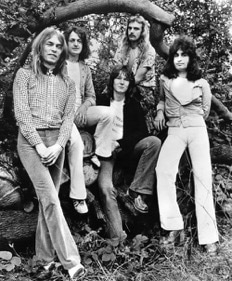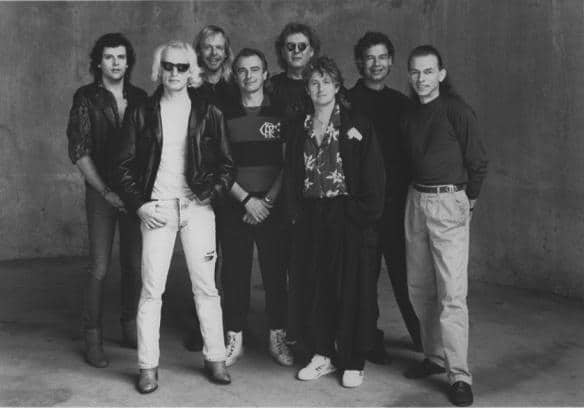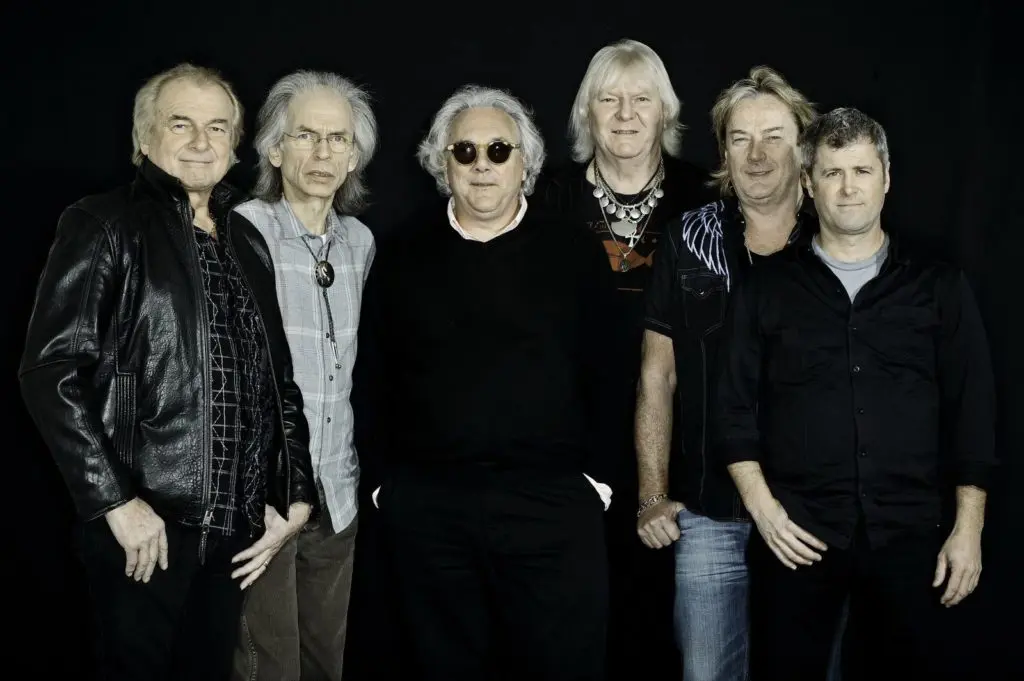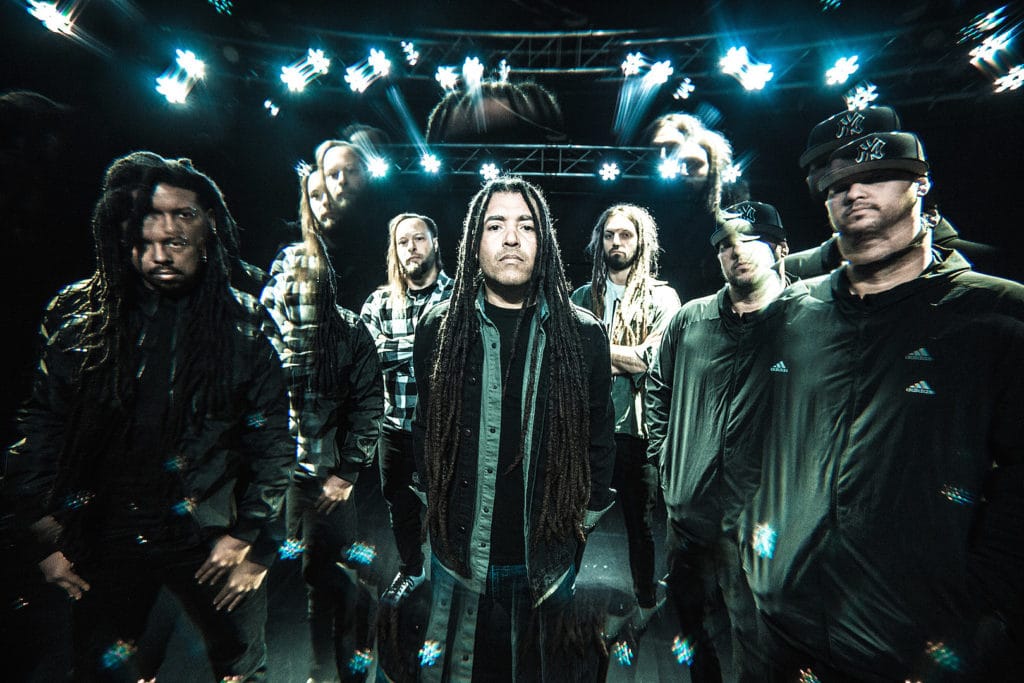Yes is a British progressive rock band. In the 1970s, the group was a blueprint for the genre. And still has a significant impact on the style of progressive rock.
Now there is a group Yes with Steve Howe, Alan White, Geoffrey Downes, Billy Sherwood, John Davison. A group with former members existed under the name Yes Featuring Jon Anderson, Trevor Rabin, Rick Wakeman.

The peculiarity of the Yes group is mysterious, beautiful and mystical music, leading to dreams, desires to know the world in all its glory, alone with yourself and your thoughts. Group is literally the definition of the word "escapism".
The beginning of the formation of the Yes group (1968-1974)
In August 1968, Yes was formed by John Anderson, bassist Chris Squire, guitarist Peter Banks, drummer Bill Bruford and keyboardist Tony Kay.
They got together, discussed Simon and Garfunkel with The Who (and guitarist D. Entwistle), with whom they teamed up.
Already on August 4, the group played their first concert called 4 August. They toured the United Kingdom extensively, playing improvisations created from original material. And also replayed compositions of rock, funk and jazz performers.
They also managed to take part in Cream's final concert. With Led Zeppelin, they took part in the popular John Peel program. There, their groups were called "the most promising young teams." It is difficult to doubt the prophetic abilities of the presenter!

And in July 1969, the self-titled debut album Yes was released. The vocal and guitar harmonies of Squire (guitarist) and Anderson (vocalist) made the songs more elevated.
Composition I See You and Survival
The key compositions were I See You, Survival, which were a manifestation of the skill of all the musicians. But at the same time, a manifestation of the group's lack of independence in some aspects. Because I See You was a cover version of The Byrds.
In general, the group's first opus was warmly received by critics and the public. But for the group it was just the first, but a very big step.
At first, the Yes group went by leaps and bounds, gaining worldwide recognition, and not just the art-rock audience. The team collaborated with famous performers like David Bowie and Lou Reed.
A new virtuoso keyboard player has joined - Rick Wakeman, who was a very well-known personality that deserves detailed consideration. And most importantly, they released two of the most legendary albums: Fragile and Close to the Edge.
The Fragile album was the band's most popular due to its distribution in Japanese animated series. The most streamed track was Round About, a perky song about a man looking for "detours" wherever possible.
Also noteworthy are the band's songs on the album - Cans and Brahms (from a symphony by Johannes Brahms) and Heart of Sunrise (Buffalo 66).
The album Close to the Edge, consisting of the composition of the same name, is "Pink Floydism" at its best. These are the sounds of a stream, birds singing and an instrumental part (Anderson's high vocals).
In the composition And You and I - smoothness with leading acoustics and piano. Siberian Khatru is a direct replay and borrowing of ideas from the ballet The Rite of Spring.
Both albums were more than successful, and the musicians achieved their triumph of fame. But there have been many dramatic changes since then. The band performed for a few fans of orthodox art-rock from the positions of high-quality mainstream.
The history of the group from 1974 to the present
In the group, some members of the group were going to go into a more popular sound. And others, such as Anderson and Wakeman, wanted to go into what had already begun, experimental.

Due to the inconsistent direction of the group, Tales from Topographic Oceans, a very meager album of good compositions, was released. Because of this, Wakeman left the group (returning briefly a little later).
The band focused on a more mainstream sound definitively. Heralded a resurgence in the band's popularity in 1980s disco with the album 90125, which came out rich in catchy songs.
The group split into two compositions. These are "orthodox" art-rockers in the face of Yes featuring Jon Anderson, Trevor Rabin, Rick Wakeman and a more pop-oriented band Yes.
In 2014, the band organized a European tour. He has been successful with various quality and modern live performances of old songs.
Some members of the band are no longer there, such as Peter Banks (2013) and Chris Squire (2014). The remaining "old-timers" still continue to delight us with new releases of art-rock sound.



